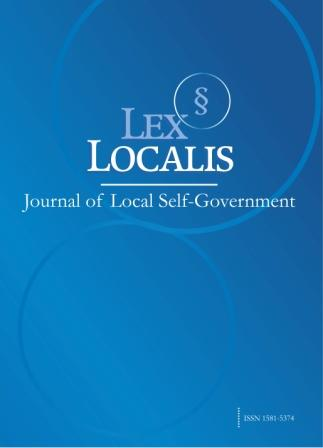FOOD SECURITY AND POLITICAL STABILITY IN ARAB STATES: READING FROM THE PERSPECTIVE OF PROTEST MOVEMENTS
DOI:
https://doi.org/10.52152/z4xndj81Keywords:
food security, Arab states, political stabilitAbstract
This study aims to analyse the relationship between food security and political stability in Arab states, with a particular focus on the reciprocal effects between them in the context of protest movements that have swept the region in recent years. Arab states face considerable challenges in the field of food security as a result of fluctuations in international food prices, which pose a threat to both social and political security. These countries have been affected by several global food crises, including the food price surge in 2006–2007, the climate change crisis in 2010, and the food shortages experienced in 2010 due to declining oil prices, which most severely impacted the oil-exporting states. These crises have contributed to the escalation of widespread protests, whereby citizens demand improvements in economic and social conditions. The forms of protest varied between peaceful demands and acts of violence that emerged in certain states, such as Libya, leading to negative repercussions for state stability. In addition, the impact of the coronavirus disease 2019 (COVID-19) pandemic has aggravated food security in the region. Food prices experienced a dramatic increase of approximately 35 percent in 2021, thereby exacerbating the crisis of food supplies and significantly affecting Arab economies.
Downloads
Published
Issue
Section
License
Copyright (c) 2025 Lex localis - Journal of Local Self-Government

This work is licensed under a Creative Commons Attribution-NonCommercial-NoDerivatives 4.0 International License.








